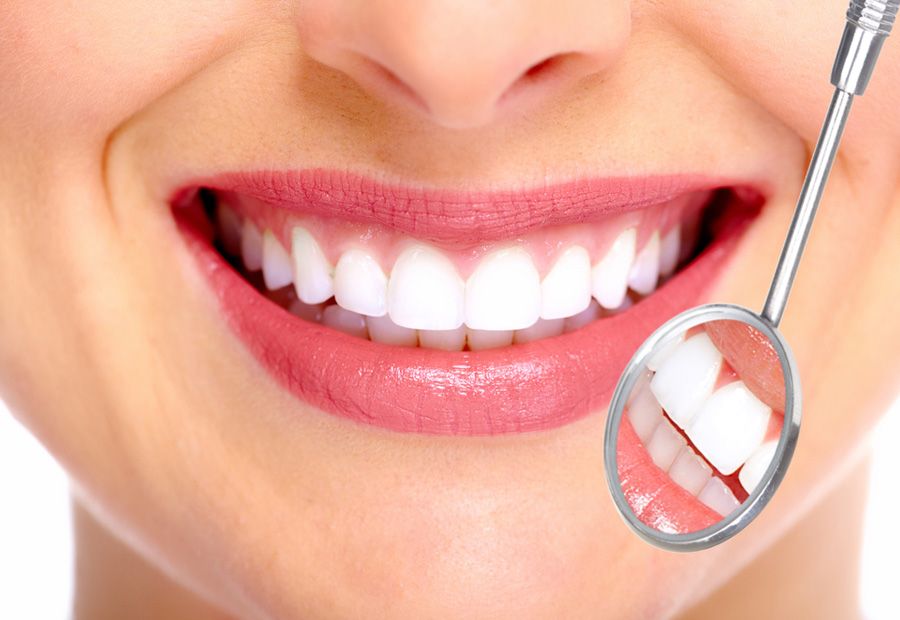If you’re someone who makes regular trips to the dentist, you’re probably familiar with their advice on how to maintain good dental health. But what happens when you don’t visit the dentist regularly? Over time, plaque can build up and harden into tartar, which can only be removed by your dentist or dental hygienist using specialized tools and techniques to deep clean your teeth in a process called scaling and root planning. This can sometimes be uncomfortable, but if you know how to prevent build-up of plaque in the first place, scaling and root planning can be avoided most of the time and keeping your dental health at Teeth.org.au in check will be the best choice.
1) Floss
Flossing helps keep your teeth and gums healthy by removing food particles that can decay teeth or become trapped between them. It’s a crucial component of good dental health, but all too often it gets lost in all of our other, more pressing daily tasks. Set aside some time each day to floss and you’ll have healthy teeth for years to come.
If you don’t already floss on a regular basis, start today! It only takes two minutes.
2) Brush at least twice a day
You probably don’t spend much time thinking about what your body looks like when you brush your teeth, but that’s because you probably do it pretty well. A good brushing includes at least 2 minutes of vigorous (but not so vigorous as to cause damage) scrubbing with a fluoride toothpaste and a soft-bristled toothbrush. Brush in circular motions and focus on getting in between teeth and chewing surfaces.
3) Drink lots of water
Water helps your teeth stay strong by washing away food and keeping your mouth moist. It also washes away bacteria from your teeth, so you’re less likely to get cavities. An added bonus: Water is more filling than other beverages, so it can help you lose weight if you drink enough of it throughout the day. Stick with plain water and don’t drink any soda or juice, though—even diet varieties have sugar that can damage your teeth over time.
4) Don’t smoke
Smoking increases your risk of oral cancer, gum disease, and tooth loss. If you smoke and are concerned about your teeth, consult with a dental professional who can provide information on smoking cessation programs. These professionals may also be able to recommend other ways that you can improve your dental health.
5) Go see the dentist regularly
It’s simple—as soon as you can see a dentist. Ideally, schedule visits every six months. By doing so, your dentist will be able to prevent many dental problems from occurring in the first place. Should a problem arise, such as tooth decay or an infection, they can fix it quickly and easily while it’s still small. Over time (and with regular dental check-ups), you’ll be well on your way to improving your oral health and preventing problems before they occur.

